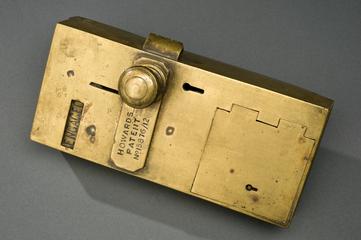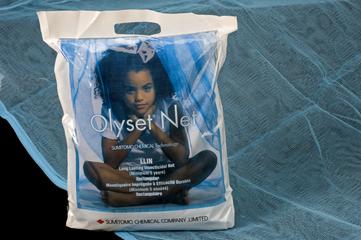Nose and throat sampling kit for ATACCC study
People receive this kit by post if they register to be part of ATACCC. Those enrolled in the study are asked to send daily throat swabs and saliva samples after being trained by nurses. Throat swabs go into the red topped tube and saliva samples go into the white topped tube. These then get placed into the white containers to allow for safe transport to Public Health England where the samples were tested. The team analyse samples to look at if and how long it takes for people to turn positive post exposure to the virus. In addition, samples are analysed to see how long people remain infectious for better understand optimal isolation periods. Saliva samples saliva are added to a COVID-19 biobank for later investigations.
Assessment of Transmission And Contagiousness of COVID-19 Contacts (ATACCC) was a large scale study to look at how coronavirus spreads between people both inside and outside of households. Potential participants were identified through the NHS Track and Test scheme. If eligible to take part in the study, people were taken through what the study was and what would happen to their data and samples. If they agreed to take part, they each signed a consent form and parents or guardian gave permission for over 5 year olds but under 18s to take part. COVID-19 PCR testing was performed at the Virus Reference Department, now part of UK Health Security Agency.
The study found that household transmission of the Delta variant was high. In doubly vaccinated households, the figure was still 25%. The data showed that preventative measures of social distancing and good hand hygiene were important alongside vaccination. The study also investigated symptoms that could be early indicators of COVID-19 - sore throat, muscle aches, headache and appetite loss. By widening the symptoms from a fever, new continuous cough and loss of taste and smell, COVID-19 infections couple potentially be identified earlier and therefore reduce transmission.
Run by Imperial College's NIHR Health Protection Research Unit (HPRU) at St Mary's Hospital, ATACCC1 ran from September 2020 to March 2021. ATACCC2 was relaunched 25 May to 15 September 2021 to specifically investigate delta variant cases in Bolton as well as in Greater London with early recruitment focused on West London where, as in Bolton, incidence was highest. Over 700 people participated in the study.





